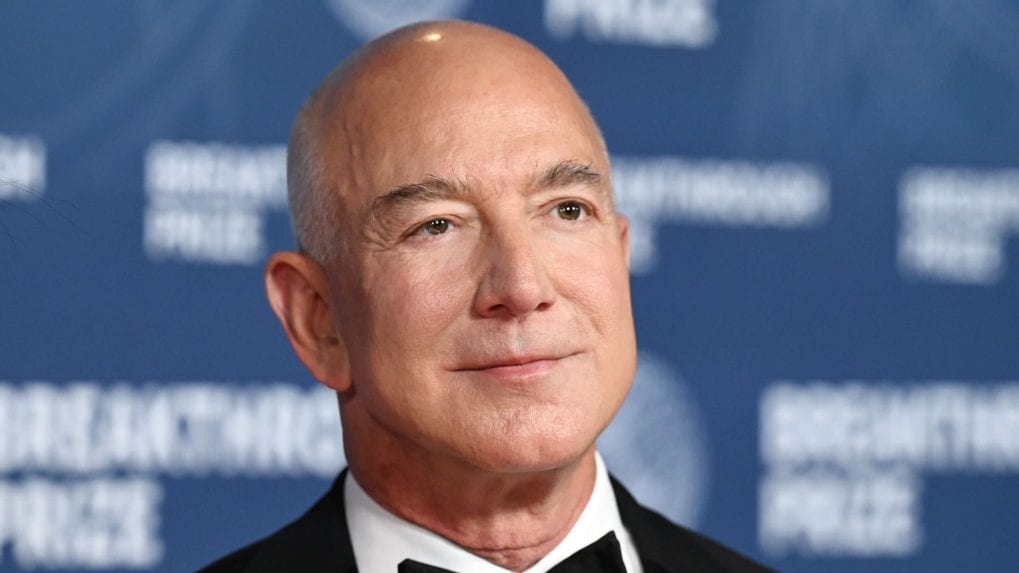Jeff Bezos says he is proud of low CEO salary, rejects stock grants and bonuses
He explained that his sizeable equity stake in the company already tied his fortunes to its long-term growth.
ADVERTISEMENT
Amazon founder Jeff Bezos has defended his decision to take a modest salary during his years as chief executive, saying he deliberately refused stock grants and bonuses despite leading one of the world’s most valuable companies.
Speaking at the 2024 New York Times DealBook Summit, Bezos disclosed that he had specifically asked Amazon’s board not to grant him additional compensation. He explained that his sizeable equity stake in the company already tied his fortunes to its long-term growth.
He said that he already owned a significant amount of the company, and didn’t feel good about taking more. He just questioned himself, how could he possibly need more incentive? He is reported to have drawn an annual salary of only $80,000 throughout his tenure as CEO.
Bezos described the approach as typical of founder-operators, who often prefer to rely on existing ownership stakes rather than traditional executive pay packages. He added that he 'would have felt icky about it', and is actually very proud of that decision.
The billionaire also proposed a new way of measuring success — not by personal wealth, but by the value created for others. Calling it a “better list” than Forbes, he said that somebody needs to make a list where they rank people by how much wealth they’ve created for other people. Amazon’s market cap is $2.3 trillion today. He added that he created something like $2.1 trillion of wealth for other people.
Bezos is not the only leader to opt for symbolic or minimal pay. Meta CEO Mark Zuckerberg has drawn a salary of $1 annually since 2013, a move once made famous by Apple co-founder Steve Jobs. Warren Buffett, chairman of Berkshire Hathaway, has also capped his pay at $100,000 per year for decades, without stock-based bonuses.

